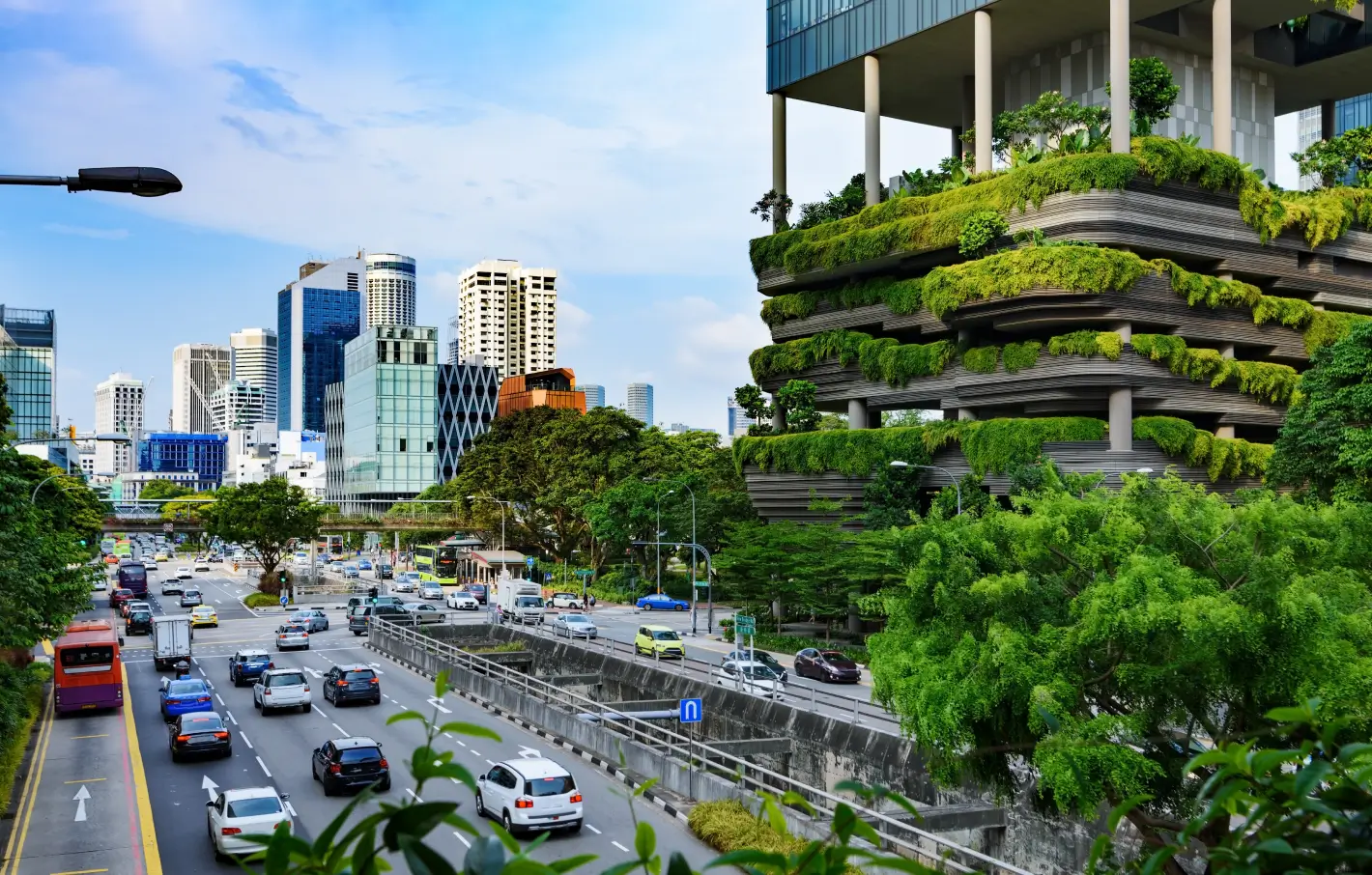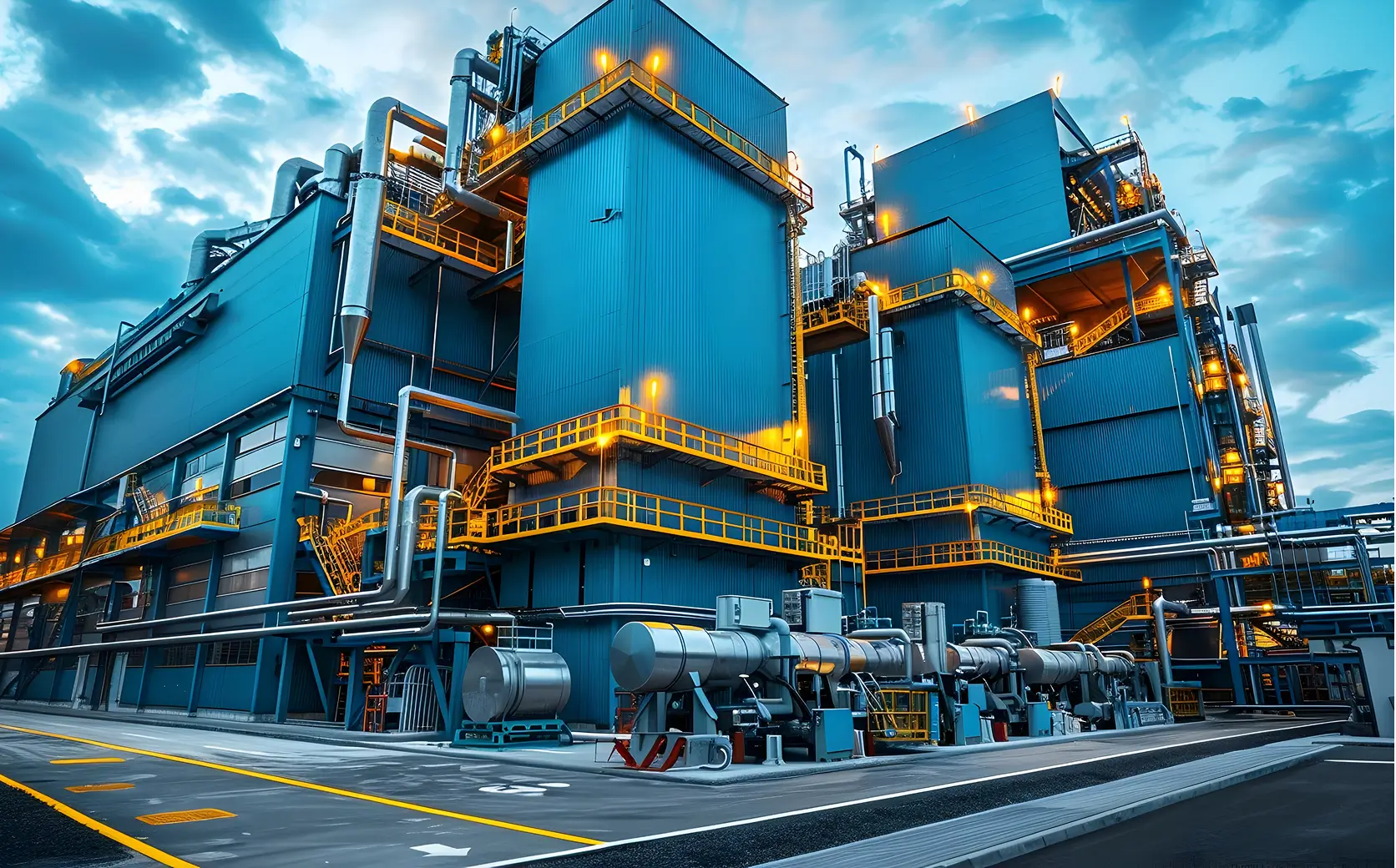
Waste-to-Energy
Trash-to-energy projects in Southeast Asia are slowly improving with cities and companies finding innovative solutions to manage growing garbage challenges. By converting waste into electricity and heat, these projects reduce landfill dependency, lower carbon emissions, and provide sustainable energy sources, supporting the region’s transition toward a circular, low-carbon economy.
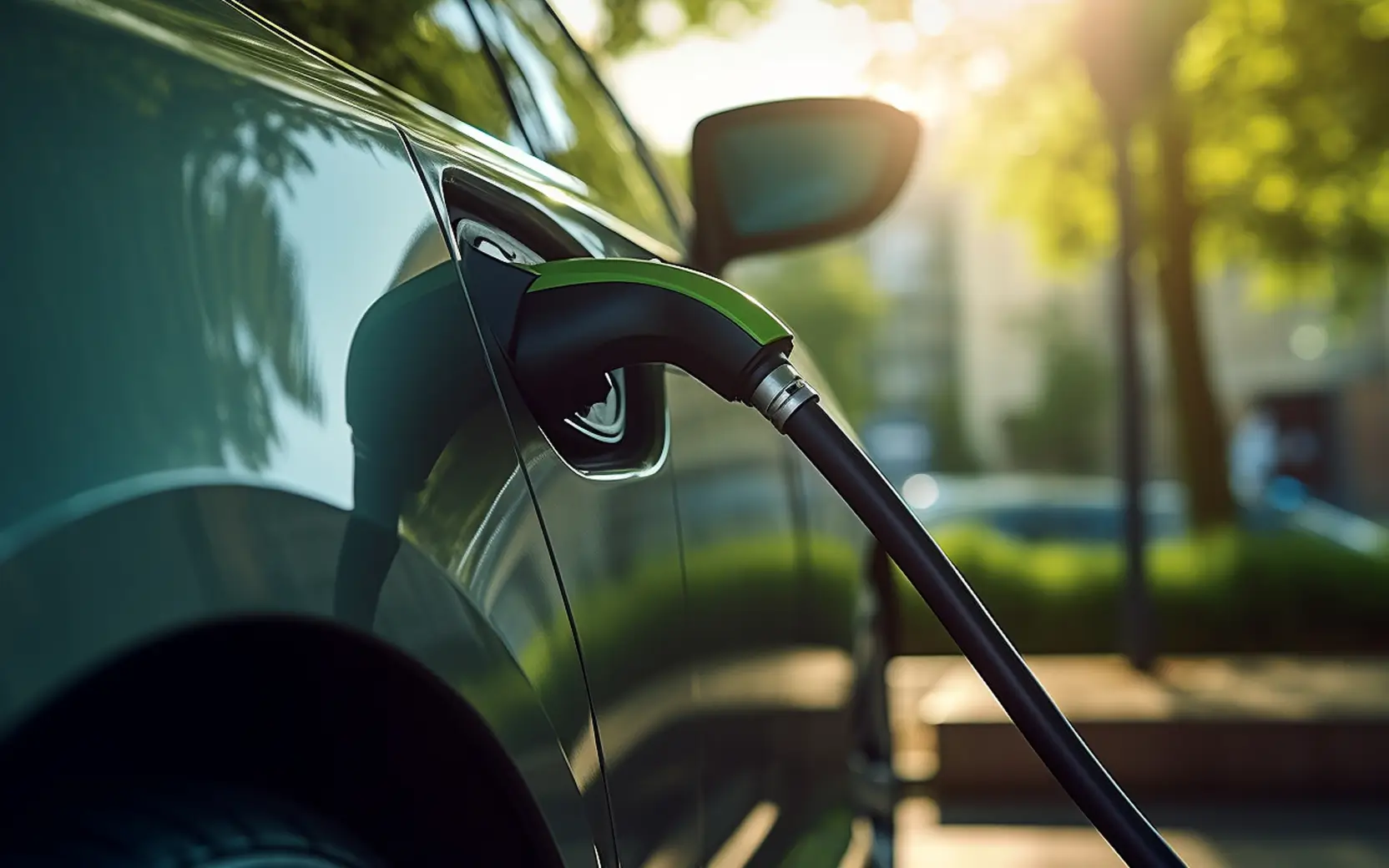
Accelerating Sustainable Transport
The regional EV ecosystem is gaining traction as governments push for cleaner alternatives to reduce urban pollution and carbon emissions. Since 2019, EV sales in the key markets of Thailand, Vietnam, and Indonesia have increased exponentially, reaching a year-on-year growth rate (CAGR 2024-2029) of nearly four percent. As SEA is poised to be a global EV hub, converting to clean transport makes for exciting news amongst companies and governments.
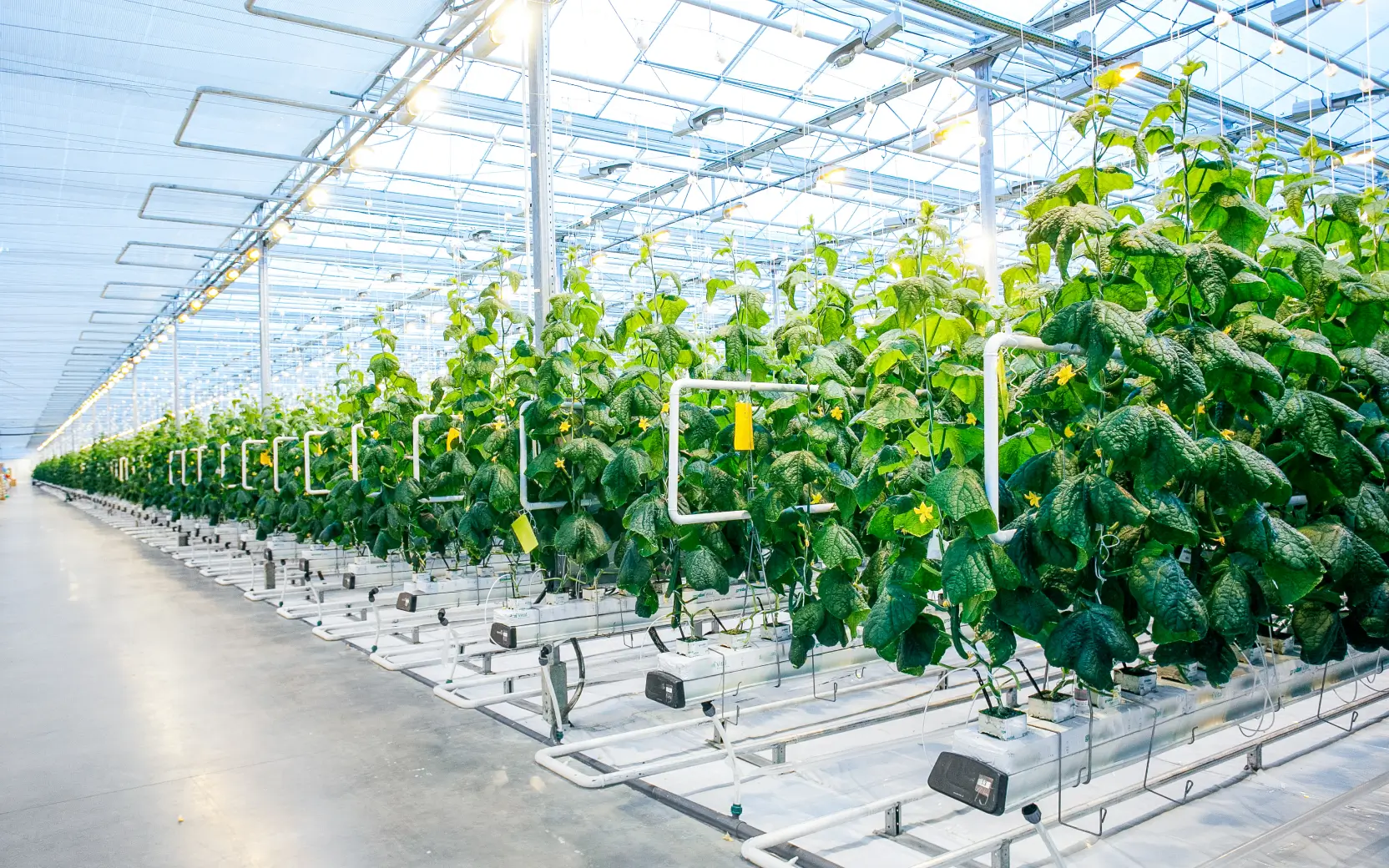
Growing Agri-Tech
ASEAN Agri-Tech is rapidly growing, utilizing innovations like precision farming, AI, and IoT to boost agricultural efficiency and sustainability. Public relations play a crucial role in promoting these technologies by raising awareness, building trust among farmers, and engaging stakeholders. Effective PR strategies help communicate the benefits of Agri-Tech, driving adoption and investment across the region.

Nature-Based Solutions
Southeast Asia faces increasing environmental challenges like deforestation, flooding, and biodiversity loss. Nature-based solutions (NbS)—such as mangrove restoration, reforestation, and wetland conservation—offer sustainable ways to tackle these issues. However, public awareness is crucial to drive action. Effective communication and education campaigns can foster community engagement, government support, and private sector investment, ensuring widespread adoption of NbS across the region.
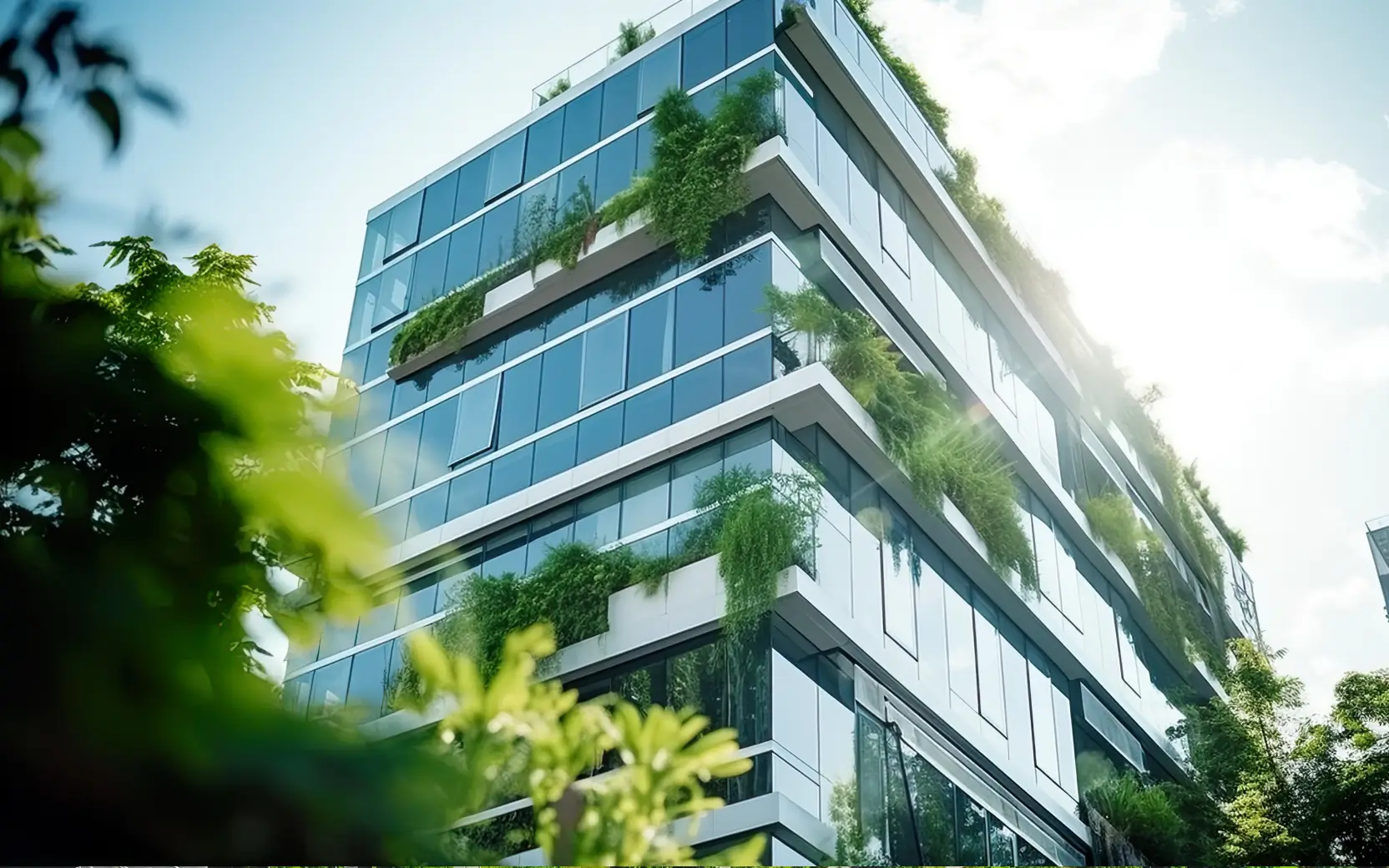
Urban Heat
Sustainable urbanization is essential in the region to address rapid population growth, environmental degradation, and resource scarcity. Cities face challenges like air pollution, waste management, and housing shortages. Effective PR will communicate to communities how companies and governments are adopting green building practices, smart infrastructure, and efficient public transport systems to reinforce urban livability.
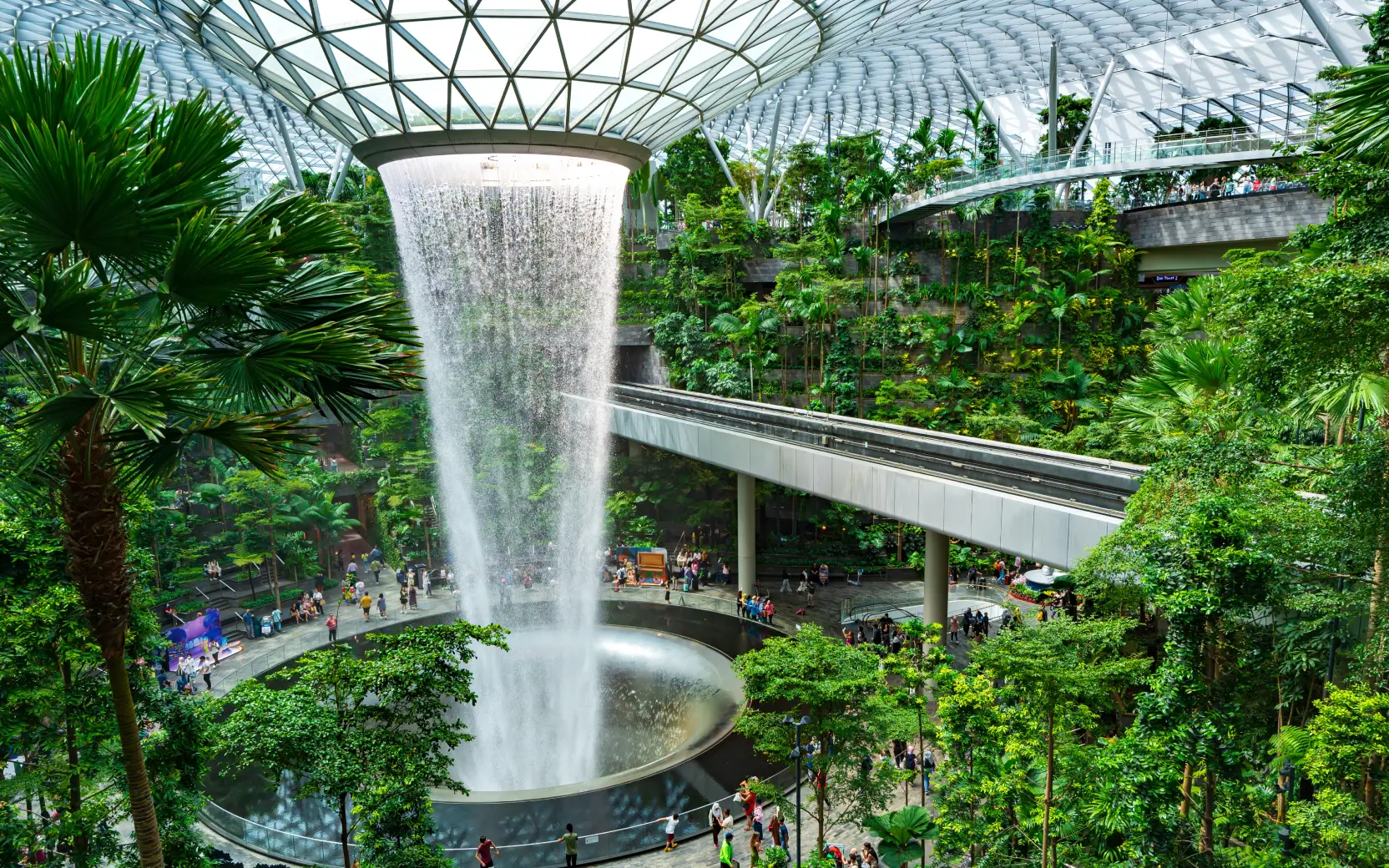
Resilient Tourism
Southeast Asian travel and tourism must transition towards sustainability and regeneration by promoting eco-friendly practices, such as sustaining the well being of local people, conservation efforts and low-carbon transportation. Encouraging local experiences, minimizing waste, and preserving cultural heritage will enhance traveler engagement while protecting natural resources. Bringing attention of collaboration among governments, hotels and airlines, and communities is vital to build a resilient tourism industry.

Clean Consumption
Consumer trends in ASEAN emphasizes sustainable practices that reduce environmental impact while promoting health and well-being. This approach encourages the use of eco-friendly products, minimal waste, and responsible sourcing. By fostering awareness and collaboration among consumers, businesses, and policymakers, ASEAN can drive the transition toward a circular economy and strengthen regional sustainability.
Ready to Drive Change?
Let’s Build a Sustainable
Future Together.
Get in touch to discover how we can embed sustainability into
your business strategy.
